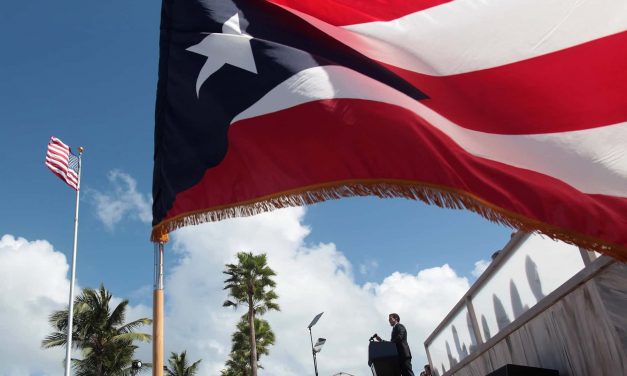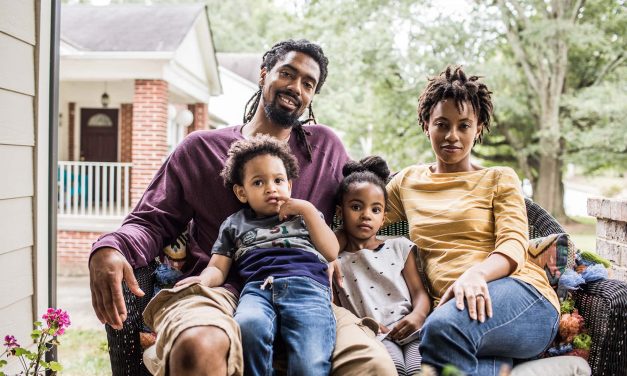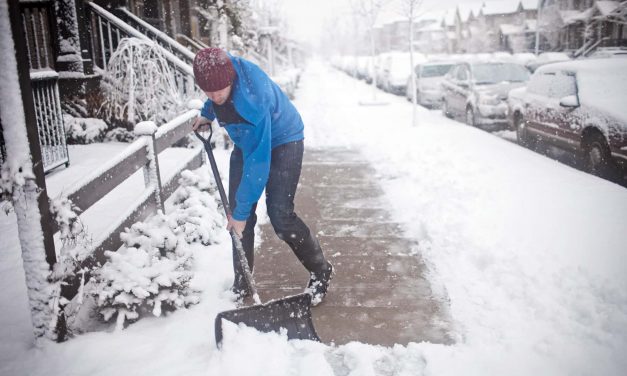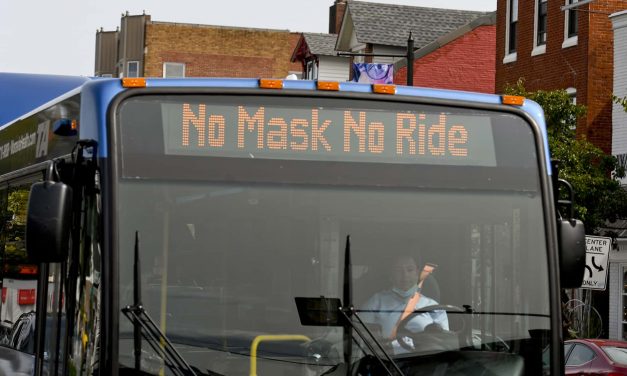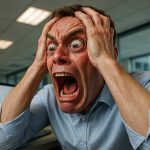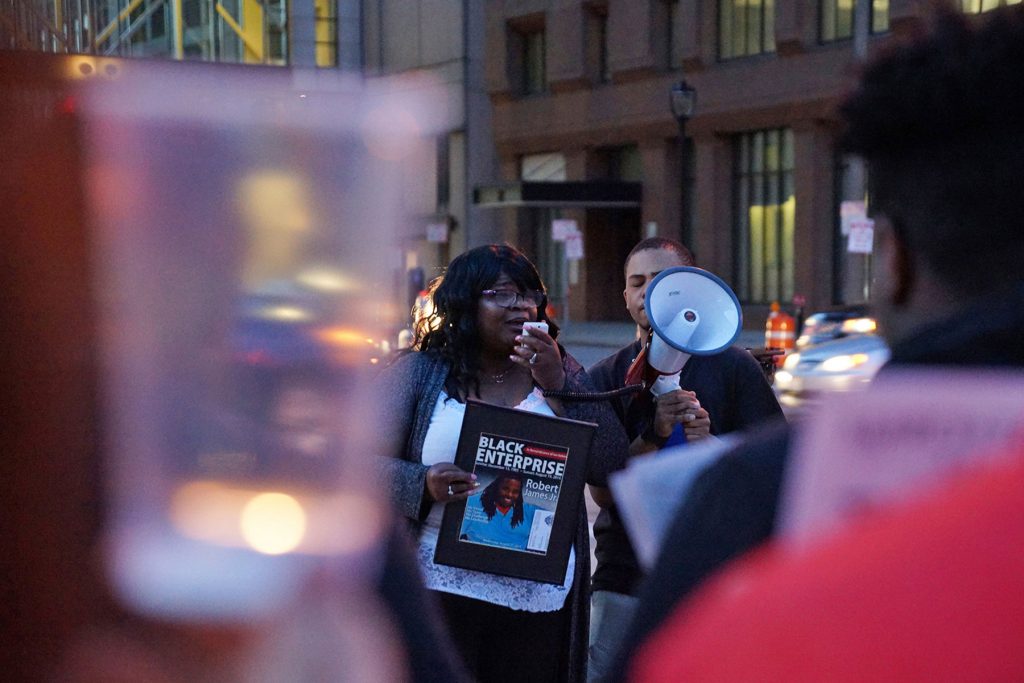Trump v. Pence: How the law actually prevents rogue Senators from overturning Electoral College results
By Donald Brand, Professor, Political Science Department, College of the Holy Cross On January 6, the United States Congress will gather in a joint session to tally the votes of the Electoral College, which cast its ballots in state capitols last month. In his role as president of the Senate, Vice President Mike Pence is slated to officially announce Joe Biden as the country’s next president. This formal certification process – the final step in the U.S. presidential election – is the latest target of President Donald Trump’s desperate, untenable and possibly criminal effort to overturn the 2020 results....
Read More

